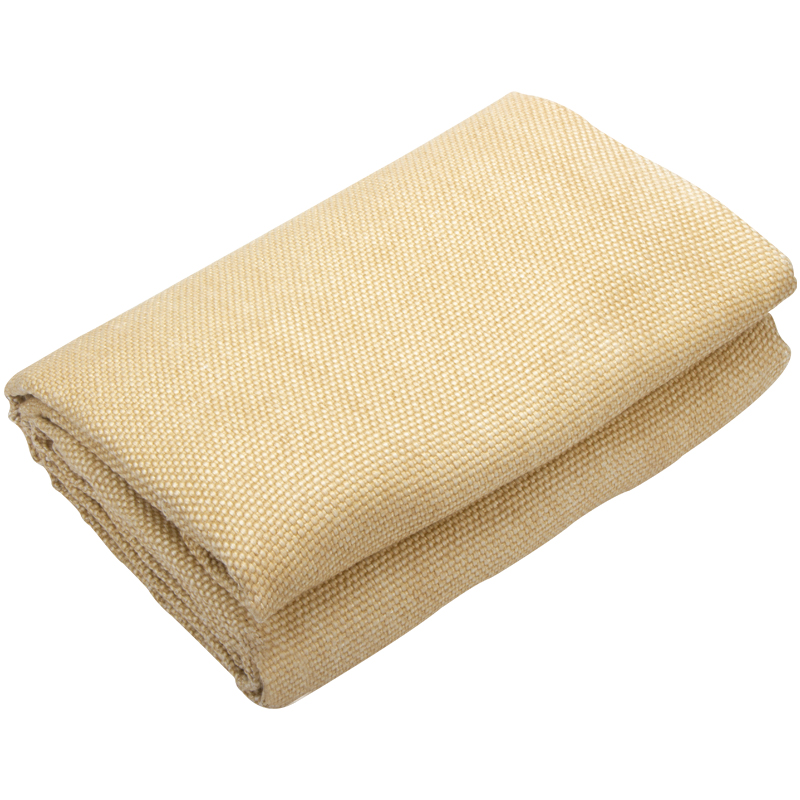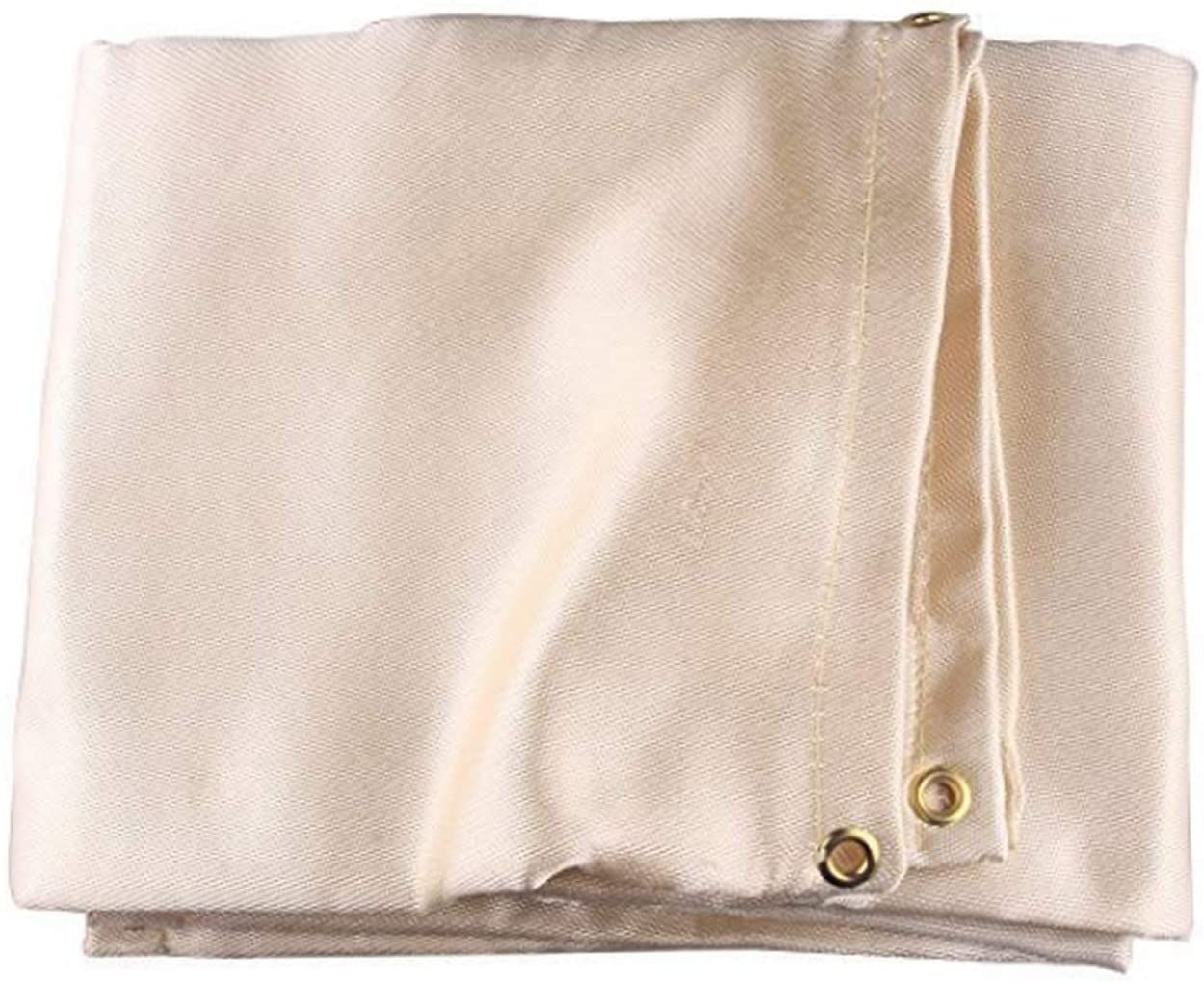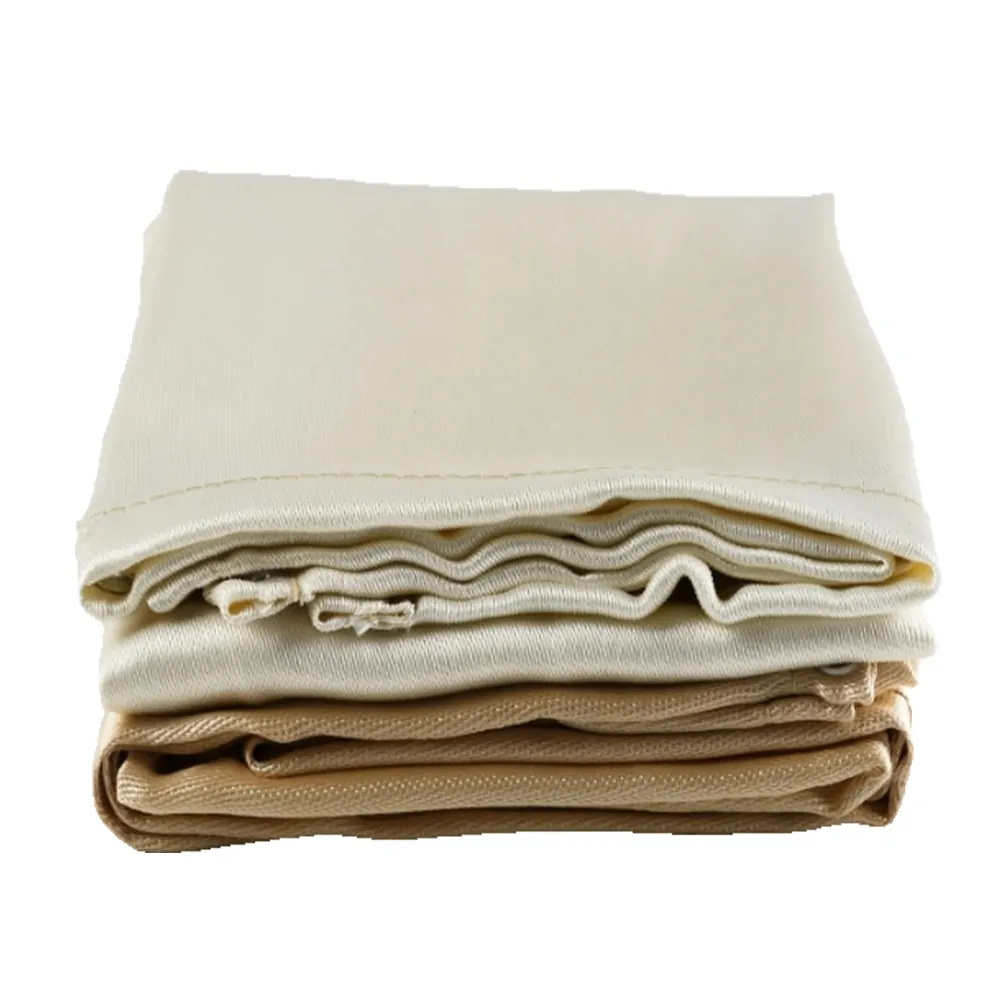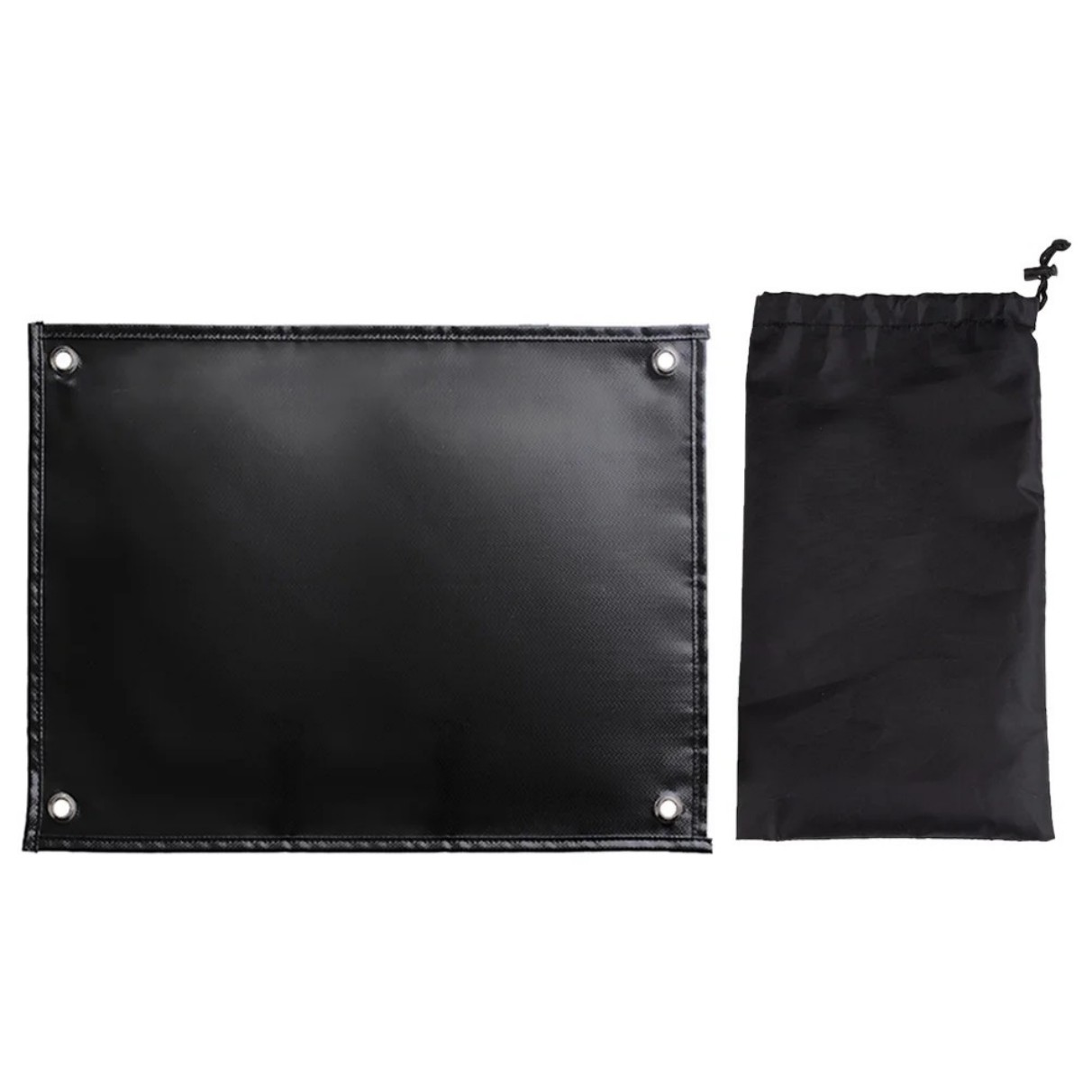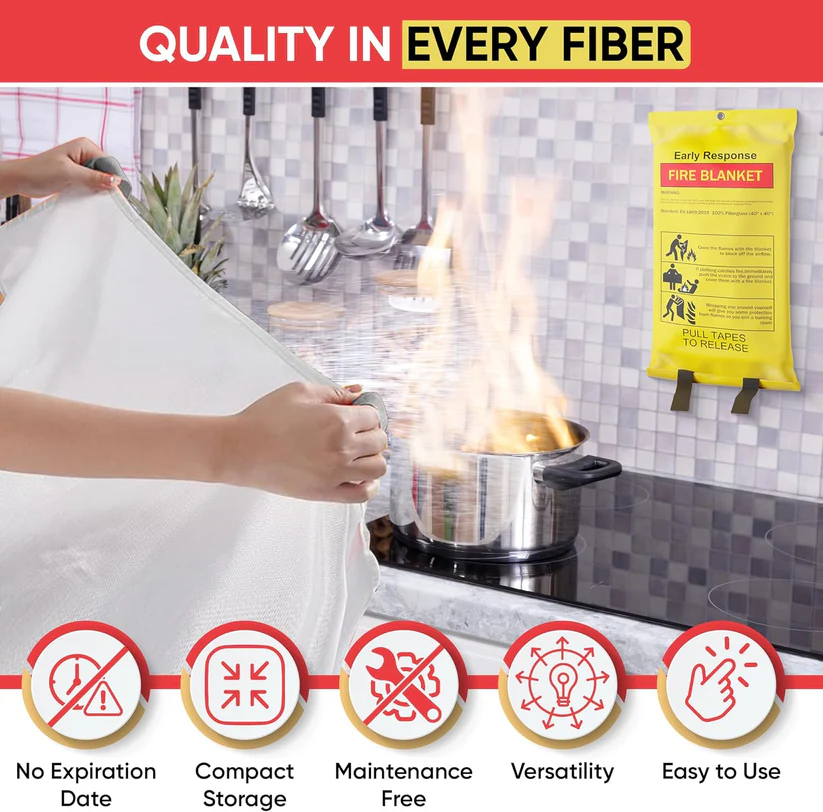Fire Safety Essentials: How a Blanket for Fire Protection Saves Lives
Summary:A blanket for fire protection is a crucial safety tool that smothers small fires by cutting off oxygen. This guide explains how fire blankets work, their proper use, maintenance, and why every home and workplace should have one.
What Is a Blanket for Fire Protection?
A blanket for fire protection, commonly called a fire blanket, is a safety device designed to extinguish small fires. Made from fire-resistant materials like fiberglass or wool treated with flame-retardant chemicals, it works by smothering flames and cutting off their oxygen supply.
When Should You Use a Fire Blanket?
You should use a blanket for fire protection in these situations:
- Small kitchen fires (grease fires, pan fires)
- Clothing fires (when someone's clothes catch fire)
- Small electrical fires (after turning off power)
- Workshop fires involving flammable liquids
Never use water on grease or electrical fires - this is when your blanket for fire protection becomes essential.
How to Properly Use a Fire Blanket
Follow these steps to use your blanket for fire protection effectively:
- Pull the tabs to release the blanket from its container
- Hold the blanket by the corners with your hands protected
- Approach the fire carefully with the blanket held in front of you
- Place or throw the blanket over the flames completely
- Leave the blanket in place until the fire is completely out and cooled
Remember: If the fire grows beyond a small, controllable size, evacuate immediately and call emergency services.
Fire Blanket vs. Fire Extinguisher
While both are important, a blanket for fire protection has advantages in certain situations:
| Feature | Fire Blanket | Fire Extinguisher |
|---|---|---|
| Best for | Small contained fires, grease fires | Larger fires, various fire types |
| Maintenance | Minimal (visual inspection) | Regular pressure checks |
| Cleanup | Easy (just replace blanket) | Messy (chemical residue) |
Choosing the Right Blanket for Fire Protection
When selecting a fire blanket, consider:
- Size:Standard sizes are 1m×1m or 1.2m×1.2m - larger for industrial use
- Material:Fiberglass is most common; some have additional silicone coatings
- Certification:Look for UL, CE, or other safety certifications
- Storage:Wall-mounted cases protect the blanket and allow quick access
Maintenance and Replacement
Your blanket for fire protection needs minimal but important care:
- Inspect monthly for damage or contamination
- Keep in its protective container when not in use
- Replace if unfolded, damaged, or after use (even if not visibly damaged)
- Check manufacturer's expiration date (typically 5-7 years)
Where to Install Fire Blankets
Strategic placement of your blanket for fire protection increases safety:
- Kitchen (near cooking areas but not too close to stove)
- Workshop (near potential fire sources)
- Garage (near flammable liquid storage)
- Bedrooms (especially for elderly or disabled individuals)
Mount them at accessible heights (about shoulder level for most adults) with clear visibility.
Fire Blanket Safety Tips
Maximize your blanket for fire protection's effectiveness with these tips:
- Practice using it before an emergency occurs
- Never wrap a person in a burning blanket - lay it flat over them
- Keep your exit path clear when approaching a fire
- Teach all household members or employees how to use it
- Combine with smoke detectors and fire extinguishers for complete protection
Common Myths About Fire Blankets
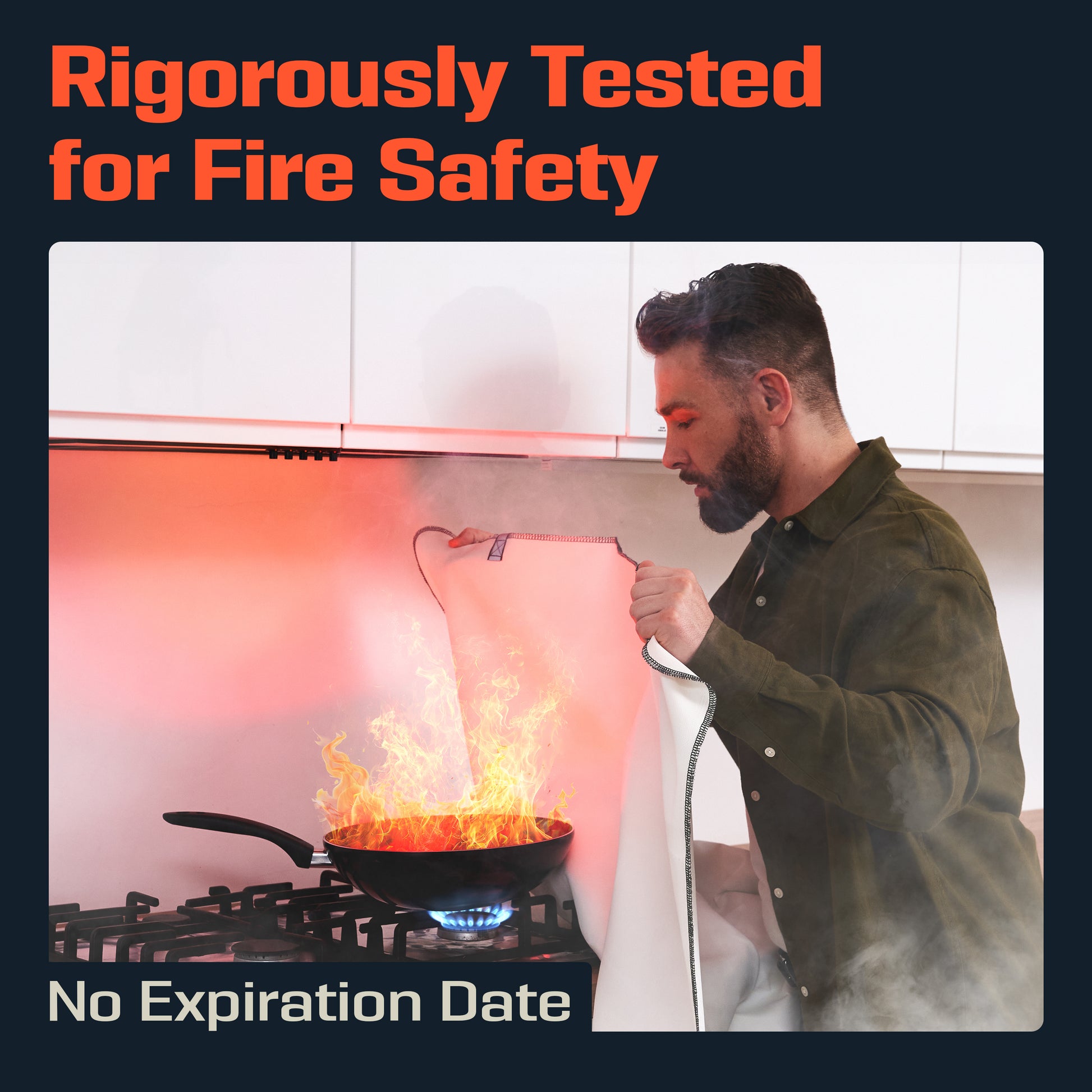
Let's debunk misconceptions about blankets for fire protection:
- Myth:Any thick blanket can work as a fire blanket
- Truth:Only specially treated materials can withstand high temperatures
- Myth:Fire blankets are only for kitchens
- Truth:They're versatile tools for various small fires
- Myth:Once used, a fire blanket can be refolded
- Truth:Always replace after use as fibers may be damaged
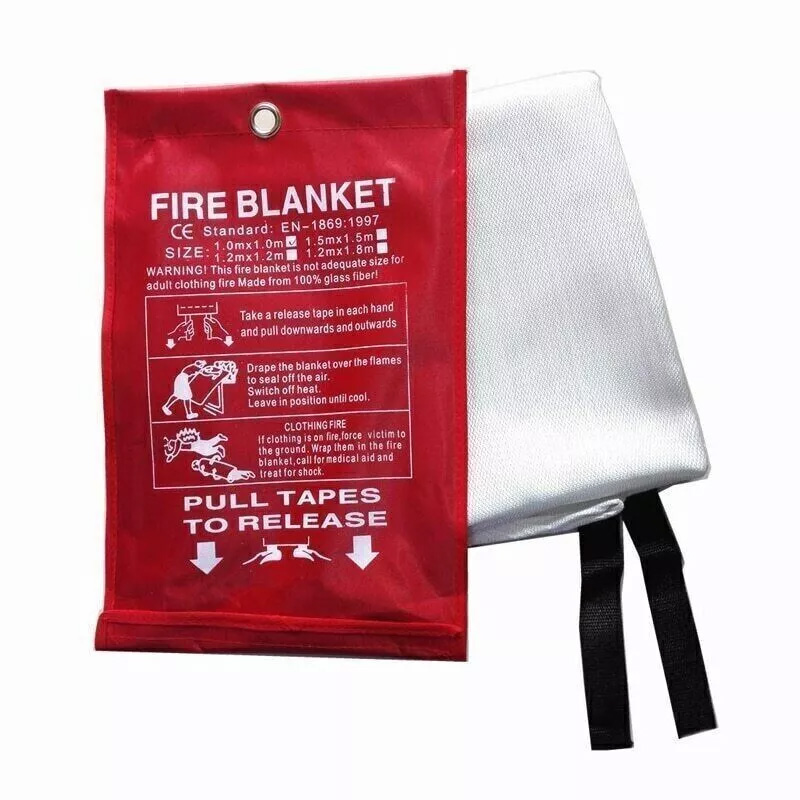
Conclusion
A blanket for fire protection is an affordable, effective tool that belongs in every home and workplace. Simple to use and maintain, it can prevent small fires from becoming disasters. Pair it with other safety measures, and you'll significantly improve your fire preparedness. Remember: when seconds count, having the right tools makes all the difference.


